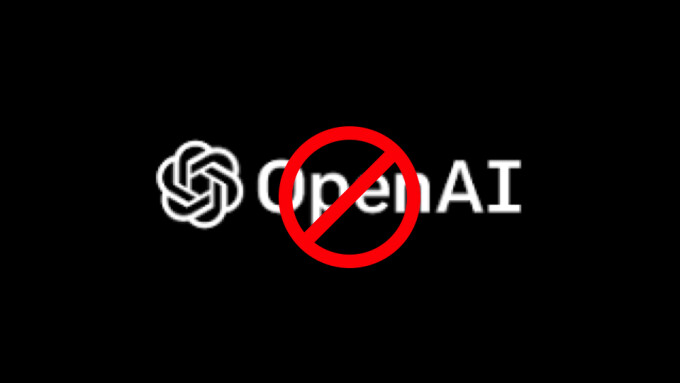SAN FRANCISCO — A spokesperson for OpenAI, the company behind ChatGPT, has shut down online chatter about how a rumored relaxation of the company’s stance against AI-generated NSFW content may result in a lifting of its porn ban.
“We have no intention to create AI-generated pornography,” an OpenAI spokesperson unequivocally told news site Mashable on Thursday.
“We have strong safeguards in our products to prevent deepfakes, which are unacceptable, and we prioritize protecting children,” the rep added. “We also believe in the importance of carefully exploring conversations about sexuality in age-appropriate contexts.”
On Wednesday, OpenAI published a document known as Model Spec, aiming to dispel uncertainty about how its models are trained. The document included language about how the company is exploring whether it “can responsibly provide the ability to generate NSFW content in age-appropriate contexts through the API and ChatGPT.”
That carefully worded statement was misinterpreted by some readers as opening up the possibility that the company’s market-leading content-generation products, like ChatGPT, could be used to produce heretofore prohibited adult content.
“The wording about NSFW content was brief and slightly ambiguous,” the Mashable report explained, adding that the only mention of specific types of NSFW content was in a statement about “what AI models should not provide responses for.”
The company currently defines NSFW as “content that would not be appropriate in a conversation in a professional setting, which may include erotica, extreme gore, slurs and unsolicited profanity.”






